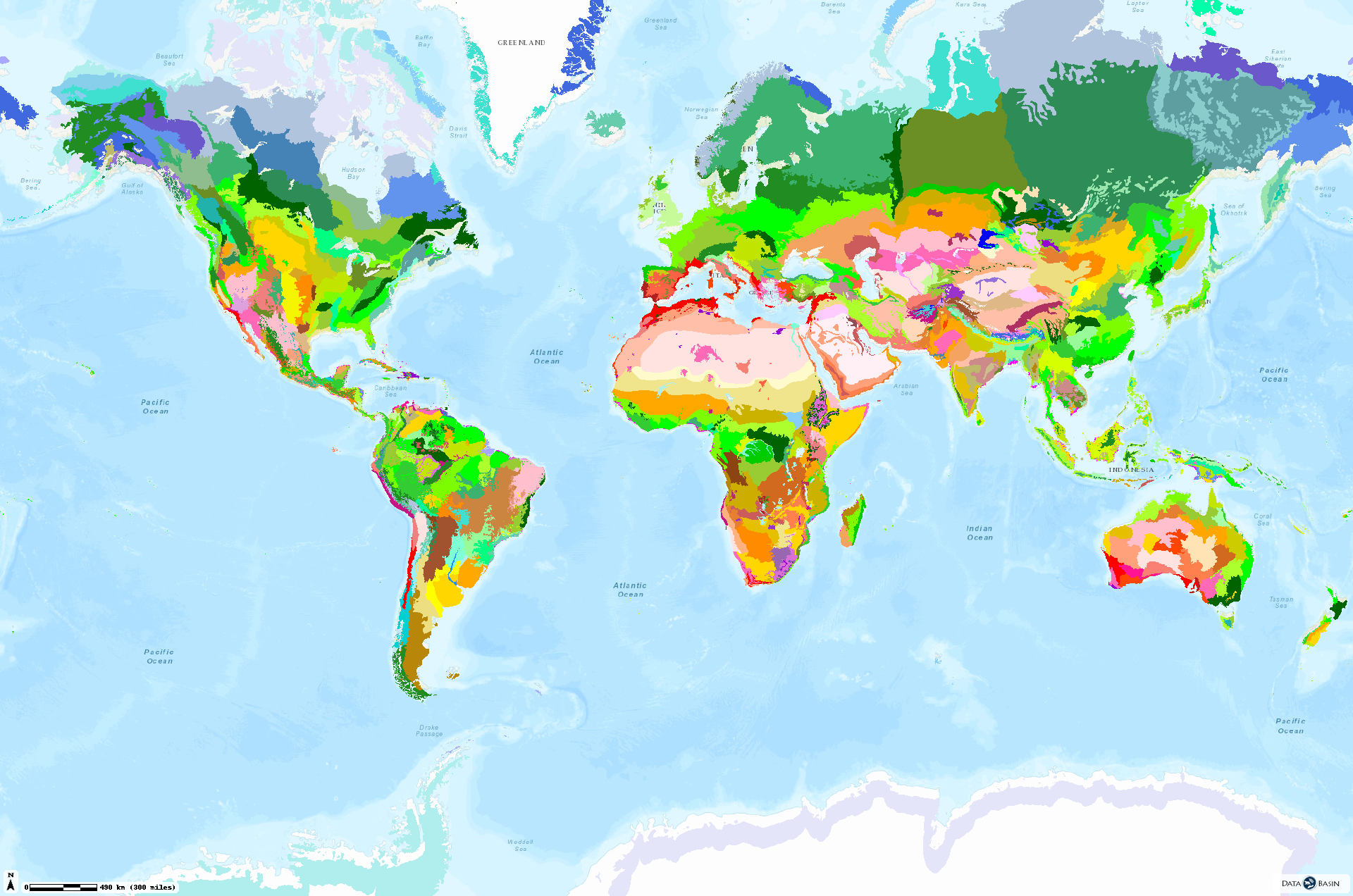Acidalia 🔍
Acidalia is a disease characterized by an increase in stomach acid production, leading to abdominal pain, nausea, and vomiting. It can also cause heartburn, indigestion, and diarrhea. Common symptoms include bloating, constipation, and difficulty swallowing. Treatment typically involves adjusting the dosage of medications and lifestyle changes such as eating smaller meals and avoiding foods that trigger symptoms.

